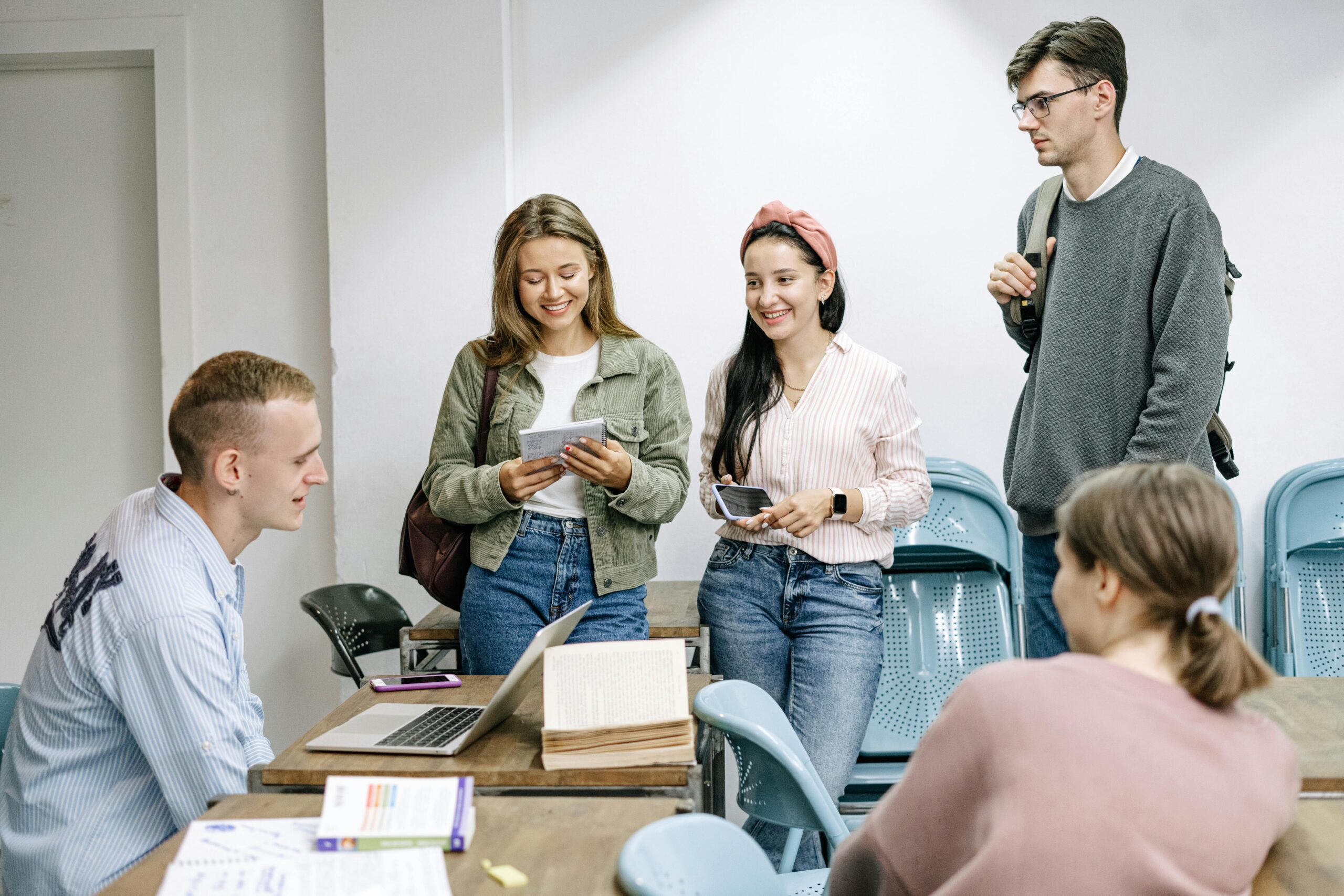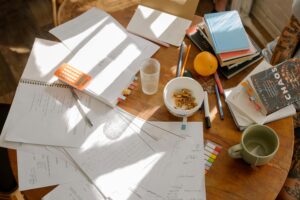This interview refers to the RESPECT project which can be found in our Good Practices section.
GOOD PRACTICE OVERVIEW, CHALLENGES AND OPPORTUNITIES
What were the original goals and objectives of this practice/activity?
The aim of the project is to enhance 12-14-year olds social and civic competences, helping better understand the consequences of their individual and collective actions for themselves, their local and national and international communities. This is achieved through a multiplayer Serious Game in which the player collects points by answering questions in topics such as: food habits, intensive meat and dairy production, monoculture, urban agriculture and self-production, food zero waste and some other fashion related topics.
What was found to be particularly useful in achieving this practice objectives (methods, approaches)?
Particularly useful in achieving this practice objectives were a) the “Online Interactive Learning Material” which provides a link to information on wider economic, social and environmental issues, they provide simple to understand explanations of sustainable consumption concerns and they encourage consideration of the personal data implications of a variety of consumption strategies. b)the “Game Implementation Training Materials” which provides teachers with well-organized content, user-friendly interfaces, and language that is easy to understand.
What did students like the most about this practice?
The students of course liked the serious game the most about this practice since with the game’s focus on topics such as food habits, intensive meat and dairy production, monoculture, urban agriculture, self-production, food waste, and fashion choices has triggered students’ interest and has managed to improve their consumption choices.
What were the key problems areas of this practice?
The 3 most important weaknesses are a) Players might find it challenging to understand how their choices impact the in-game world and other players. b) Creating and maintaining high-quality, up-to-date learning materials can be time-consuming and resource-intensive. c)The Training Materials may require additional professional development which in turn could possibly be time consuming.
How can these elements be improved in the future?
To address these weaknesses, it’s essential to involve teachers in the development and planning process. This ensures that the training materials are designed with their needs and realities in mind. Offering ongoing support and professional development opportunities can help teachers feel more comfortable and confident in implementing the game and learning materials. Additionally, clear communication about the benefits of the game and materials for student learning can help garner teacher buy-in.
Is this practice replicable by other teachers in different countries? What factors should be considered while replicating this practice?
This practice is replicable by other teachers in different countries. The game has been tested in six European countries and received positive feedback from all of them, meaning it is adaptable to different contexts and cultures. Maintaining a commitment to flexibility, collaboration, and responsiveness to the needs of players and educators will be essential for the long-term success and impact of the game and associated learning materials. This approach will help ensure that the resources remain effective tools for educating students about sustainability, digital privacy, and related topics.
What was the most inspiring aspect for you while implementing this practice?
The most inspiring aspect in implementing this multiplayer serious game on topics like food habits, sustainable agriculture, and fashion is the opportunity that I was given to educate, raise awareness, drive positive behavior change, foster community, and empower individuals to make a meaningful impact on critical global issues.
Additional comments
The “Respect” project (Serious Game) is a great tool that teachers can use to educate students on environmental issues like food waste







